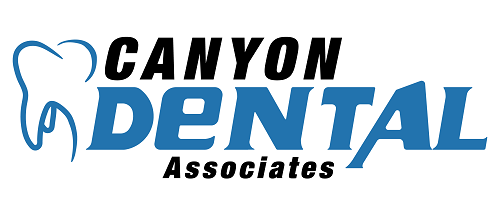Gum disease, also known as periodontal disease, is a common oral health issue that can be prevented and managed with routine dental check-ups. Neglecting regular dental visits can lead to the development of gum problems such as gingivitis and eventually progress into more severe periodontal disease. Various factors, including smoking, genetics, medications, and poor oral hygiene, contribute to the development of gum diseases. Detecting and addressing these issues early is crucial to prevent further complications.
What is Gum Disease?
Gum disease, also known as periodontal disease, is an inflammatory condition that affects the tissues surrounding and supporting the teeth. It is caused by the accumulation of plaque and calculus on the teeth, leading to gum inflammation, bleeding, and, if left untreated, can result in gum recession, tooth mobility, and bad breath.
How Are Gingivitis and Periodontal Disease Diagnosed?
Diagnosing gingivitis and periodontal disease involves a thorough examination by a dentist. This examination includes checking for deposits of plaque and calculus, assessing the appearance of the gums, measuring bone loss levels, and evaluating tooth mobility. Radiographs are taken to gather additional information when necessary, and the dentist may require more tests to confirm the diagnosis.
Treatment for Gingivitis
Gingivitis can often be managed with a procedure called full mouth debridement. This procedure removes all the buildup around the teeth and includes polishing to prevent plaque formation. The success of treatment relies heavily on maintaining proper plaque control through daily brushing, flossing, and rinsing at home, in addition to regular 6-month dental check-ups.
Treatment for Periodontal Disease
The treatment for periodontal disease varies depending on the extent of the disease. Scaling and root planning, also known as a deep cleaning, are often necessary to remove sub and supragingival buildup. Smoothing rough spots on the tooth below the gumline helps eliminate bacteria contributing to the disease. In some cases, surgery may be required if pockets persist after initial treatment. Surgical procedures involve lifting the gums to remove remaining buildup and may include bone and gum regeneration methods. Treatment outcomes depend on the disease’s progression, patient’s home oral care, and risk factors such as smoking and other medical conditions.
Medications for Periodontal Disease
Medications can complement treatment for periodontal disease. These may include prescription mouth rinses like chlorhexidine to control bacterial growth, antibiotic gels or microspheres applied directly to affected areas, or oral antibiotics for long-standing cases. These medications work in tandem with scaling and root planning, helping to combat the infection and promote healing. The effectiveness of these therapies is supported by clinical evidence, and their usage is monitored during follow-up visits.
How Can Canyon Dental Associates Help?
Canyon Dental Associates in Corona, CA, is committed to helping you maintain your oral health and prevent gum disease. Our experienced dental professionals offer comprehensive examinations, personalized treatment plans, and guidance on maintaining proper oral hygiene. By scheduling regular check-ups and following our recommended oral care routine, you can ensure the health of your gums and teeth, preventing the progression of gum disease.
Don’t wait until gum disease becomes a significant issue. Contact Canyon Dental Associates today to schedule your appointment and take the first step towards a healthy smile.
